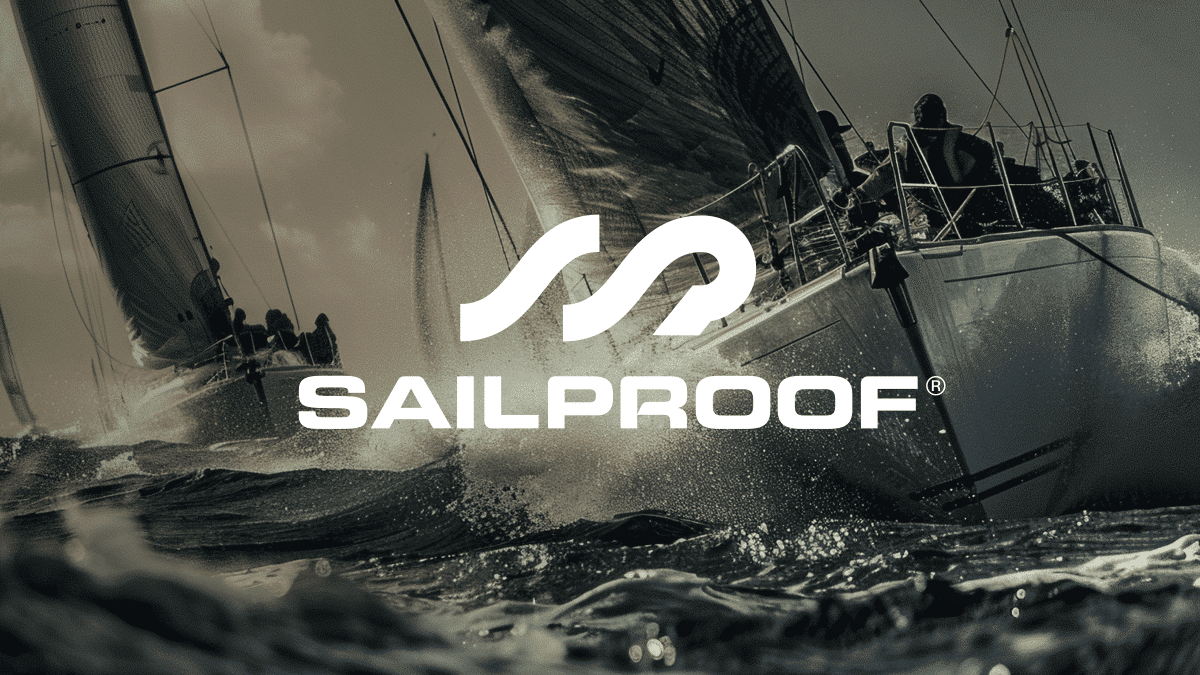Main interest is putting books, through Amazon, and Kindle, on the Fire. How does it work for that? So far the two books I put on it where a bit more work then they should be. Also seems Kindle only wants the books downloaded to one divice, or they want to charge.
I am a heavy reader and here are my thoughts:
Larger than 10" tablets are too fucking big. They're heavy and it's difficult to read comfortably on one and still do things like flip pages.
I did find a use for a (12") Tab S9+ as an extra screen for tabletop gaming but I swapped my partner back my (10", which is still too big IMO) Tab S8. I personally like reading on 8" tablets best, but nobody makes those with high end screens and the sorts of SoCs that make paging through graphics-heavy content painless.
Kindle is a locked platform now. I've never liked locked platforms, but Amazon no longer allows books to be downloaded and stored. Fuck Kindle.
Google Play Books is a bookstore, but it also allows uploads from arbitrary sources and in any format for files up to 100MB. I will steer absolutely everyone in that direction as a superior alternative. I believe that it is still possible to use VERY outdated versions of Kindle for desktop to download books in such a way that copy protection can be removed via Calibre with the DeDRM plugin, but I haven't had any reason to check that in the last five or six years. Just the same, I'm not messing with Kindle any longer and it is my advice that no one else do so, either.
If you have need to keep and access either more files than Play Books will allow (500 files of up to 100MB) or if you have a philosophical issue with Google services, Komga, Kavita or Calibre Web can be used as alternatives. You can self-host an ebook server with similar properties. This is what I do specifically for my Role Play Game collection, so my players have access to rulebooks that are in some cases too large to leave on Play Books, and for my comic book collections where individual .CBR files sometimes exceed 1GB. The down side to self-hosting your ebook collection is that you have to conform to your platform's organizational conventions. This is actually work and I'm still doing it; I have about 12TB of comic books (getcomics.info) and about 1TB of .epubs and PDFs (whatever mirror of AnnasArchive or Libgen) each and organizing it all is a PITA. Just to be clear, I buy a lot of books in digital formats, usually from Kobo or Google, but I also format shift older content as I am trying to reduce tha amount of physical media I have.
In any case, the Lenovo M11 is a very versatile device with a screen I think is too damned big. It has a powerful SoC but a suboptimal GPU, and while 4GB/64GB is fine for most purposes and it can be found new for ~$160, I mostly think of it as a second-place option. Lenovo is not known for providing Android updates for its tablets, and that's a mark against it just as much as the form factor. But if you want to watch videos on it as well, it might be the best choice.
Samsung S6 Lite tablets on the other hand are somewhat confusing because Samsung has released many models in that line that are diffierentiated by model year. Samsung offers a nicer screen and and a friendlier size, but one needs to be careful to look only at the newer models (2022 or 2024, if possible). I don't see a problem with getting one secondhand and they ARE a step up from whatever the current Samsung Tab A might be. You might ALSO be able to find a used Tab S8 cheap enough to consider an option. The big advantage to those is water resistance. I read in the bathtub, so I see the appeal.
The reason I have Samsung S-anything is I've been given stuff I can pass on to Samsung's extremely generous trade in programs. These are most helpful when timed around new product releases but for example I've been able to hand off Surface devices and Apple garbage that pass through my life. I think the Tab S9+ only wound up costing me something like $75 by the tme all the discounts and rebates were applied.

